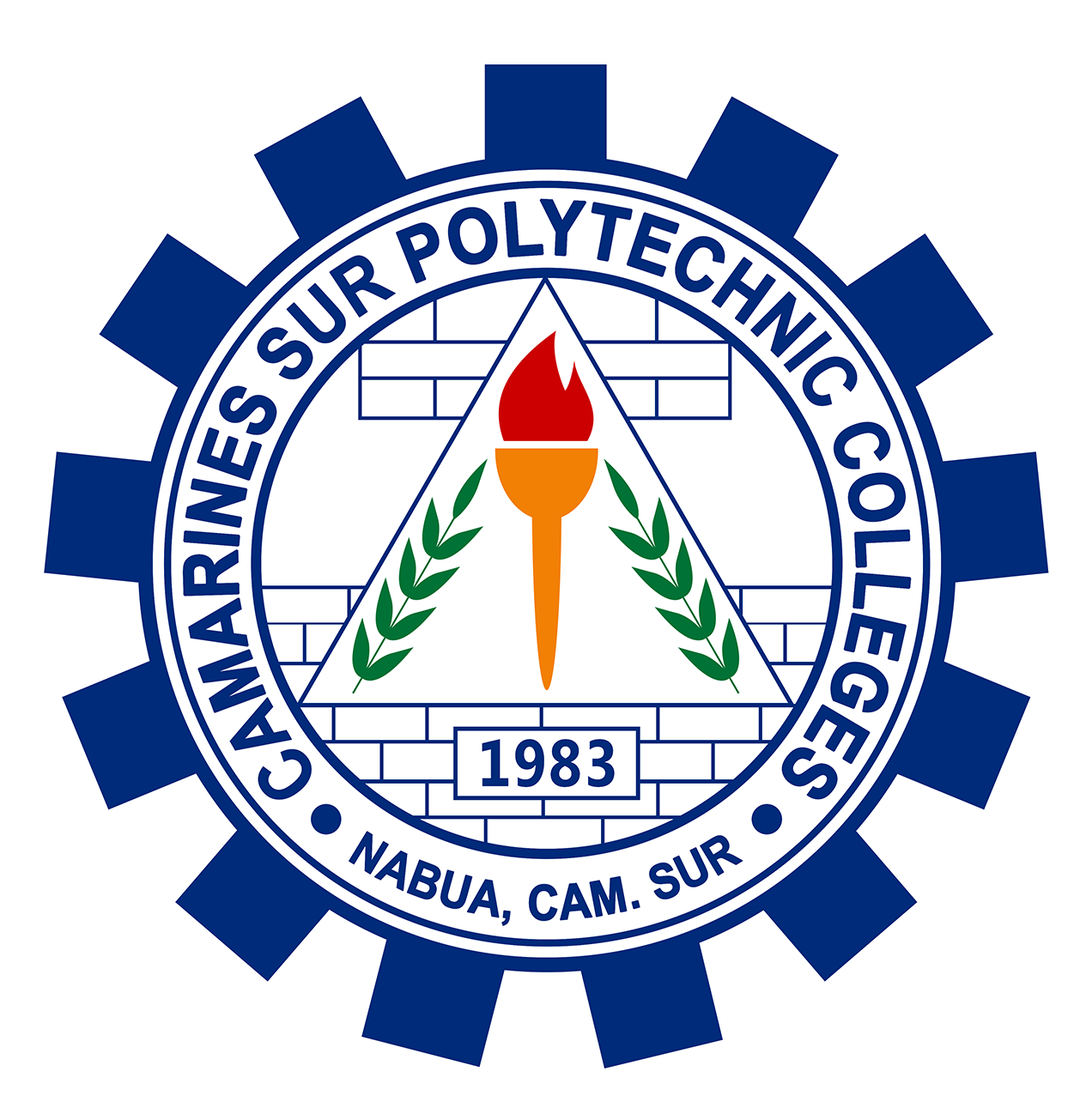Bachelor of Science in Development Communication (BS DevCom) is an undergraduate program that explores the role of communication in driving social change and development. It focuses on the strategic use of communication to inform, educate, and empower individuals and communities, particularly in the fields of agriculture, health, environment, education, and governance. Integrating theories and practices from communication, social sciences, and natural sciences, the program equips students with the skills to design and implement communication campaigns, engage with diverse audiences, and utilize various media platforms—traditional and digital alike. It also emphasizes effective communication in interpersonal, group, organizational, and intercultural contexts, preparing graduates to become development advocates, media practitioners, researchers, and communication specialists in both public and private sectors.

 GOV.PH
GOV.PH